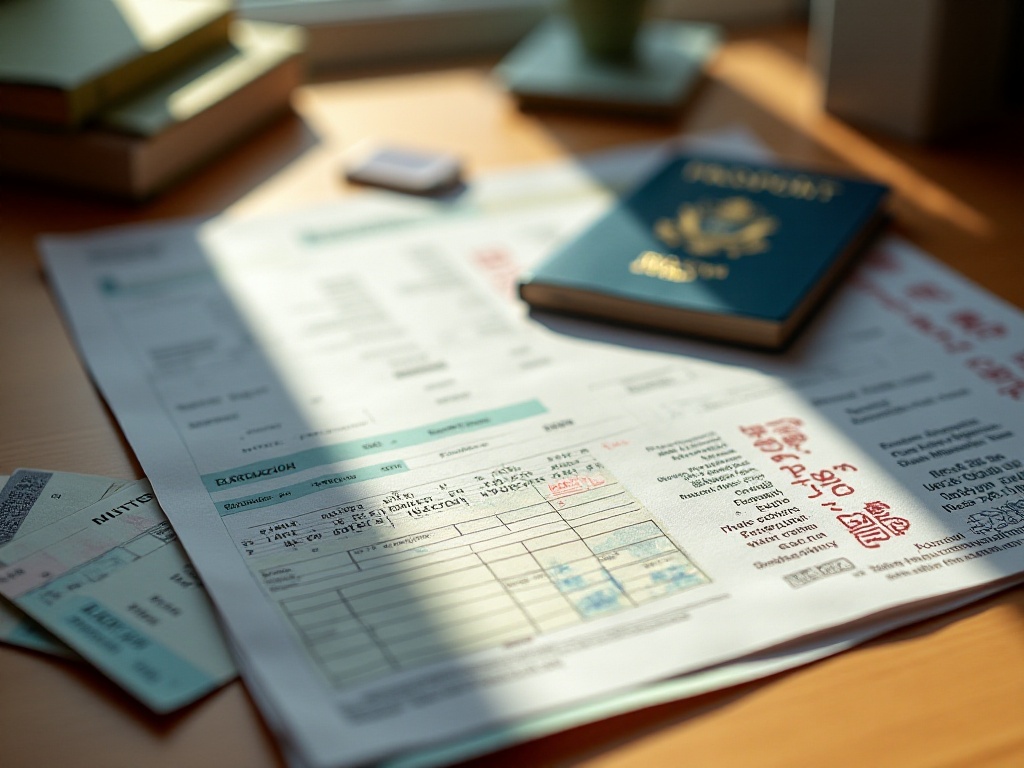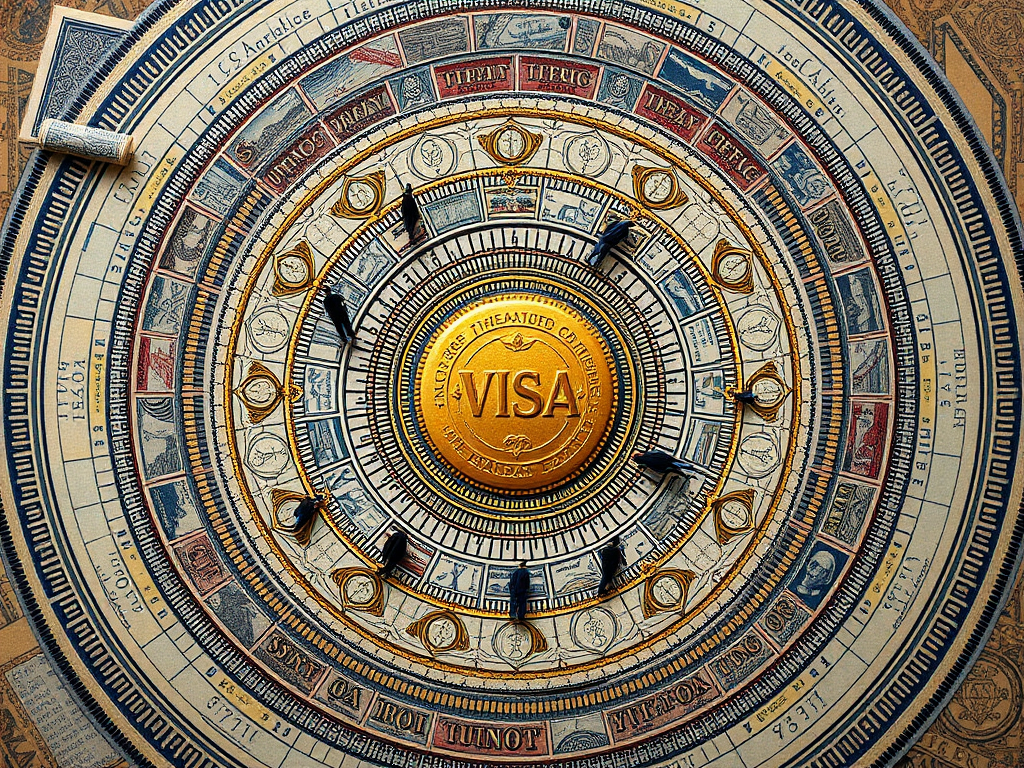Introduction
Many people share this experience - planning a European trip but encountering confusion when applying for a Schengen visa. As a travel blogger who has visited many countries, I deeply understand this feeling. Today, let me discuss the Schengen visa application process in simple terms.
Basics
What exactly is a Schengen visa? Simply put, it's your "pass" to enter Europe's Schengen Area. The Schengen Area includes 26 European countries, including France, Germany, and Italy. With this visa, you can move freely between these countries.
However, before starting your application, you need to determine one important question: which country should you apply to? Here's the golden rule - apply to the country where you'll spend the most time in the Schengen Area. For example, if you plan to spend 5 days in France, 3 days in Italy, and 2 days in Germany, you should apply for a French visa.
Preparation
Application materials are the most troublesome part. I suggest dividing them into three categories:
The first category is basic materials. The passport is most important - ensure it's valid for at least 6 months after your return date and has at least two blank visa pages. Visa photo requirements are also strict - must be 3.5×4.5cm color photo, white background, front-facing without head covering.
The second category is itinerary materials. This includes flight booking confirmations (buying actual tickets is not recommended), detailed travel itinerary, and hotel booking confirmations. From my experience, the itinerary should be realistic, not too packed. Remember to note which city you'll be in each day, where you'll stay, and which attractions you plan to visit.
The third category is financial materials. This might be the most crucial part. You need to prepare the last 6 months of bank statements, employment certificate (or business license, retirement certificate, etc.), and proof of income. Based on my experience, the bank account balance should preferably be maintained above the equivalent of 80,000 RMB. If large amounts were deposited recently, the source of funds might be questioned.
Process
The application process isn't complicated, but each step requires careful attention. First is online appointment booking, usually 2-3 weeks in advance. The booking system will ask you to fill in lots of information - be truthful and consistent throughout.
When submitting materials, I suggest organizing them according to the checklist, preferably separating different categories with colored divider pages. Sign all photocopies to certify their authenticity. These small details often speed up the visa officer's review process.
Don't be too nervous about the interview. Visa officers are most concerned about whether your travel purpose is genuine and if you have sufficient financial means. Questions I've encountered usually include: Why did you choose these countries? How did you arrange your itinerary? What are your plans after returning home?
Insurance
Many people might not know that travel insurance is mandatory for Schengen visa applications. The insurance amount must not be less than 30,000 euros and must cover the entire Schengen Area travel period.
When choosing insurance, note these points: - Coverage must include medical expenses and emergency medical evacuation - Policy must be issued in English or the official language of your destination country - Insurance period should extend a few days beyond your actual itinerary
Attention Points
Here are some easily overlooked details:
First is proof of funds. Many think having money in the account is enough, but it's not. Visa officers care more about whether your income source is stable. For example, salary income and rental income are more convincing as fixed income sources.
Second is itinerary planning. Many people try to include all famous attractions to make their itinerary look substantial. This actually raises visa officers' suspicions - can you really visit the Louvre, Arc de Triomphe, Eiffel Tower, and Palace of Versailles in just 3 days in Paris?
Third is accommodation bookings. Not all hotel bookings are acceptable. I recommend choosing free cancellation bookings through well-known websites like booking.com. The booking confirmation should clearly show the guest's name, check-in dates, and other information.
Suggestions
Based on my experience, here are some tips for successfully obtaining a Schengen visa:
-
Early planning is important. Start preparing at least 3 months ahead, especially during peak tourist seasons.
-
Materials should be sufficient but not excessive. For example, 3-6 months of bank statements are enough, no need for a year's worth. Employment certificates are better issued by the HR department rather than direct supervisors.
-
Pay attention to consistency in details. All personal information and itinerary arrangements in all materials must be consistent, without contradictions.
-
Have backup plans. For example, book multiple refundable hotels in your itinerary to minimize losses if your visa is denied.
Conclusion
Applying for a Schengen visa does take effort, but the success rate is quite high with proper preparation. Remember, visa officers focus most on whether your travel purpose is genuine and if you have adequate financial guarantees.
If you're preparing to apply for a Schengen visa, try making a checklist based on this article's suggestions. What other questions do you think need to be addressed? Feel free to share in the comments.
Finally, here's a thought: a Schengen visa isn't the endpoint, but rather the starting point of your exciting European journey. The more thorough your preparation, the more relaxed and enjoyable your trip will be.
Are you already looking forward to your European adventure? Let's anticipate that day together.







